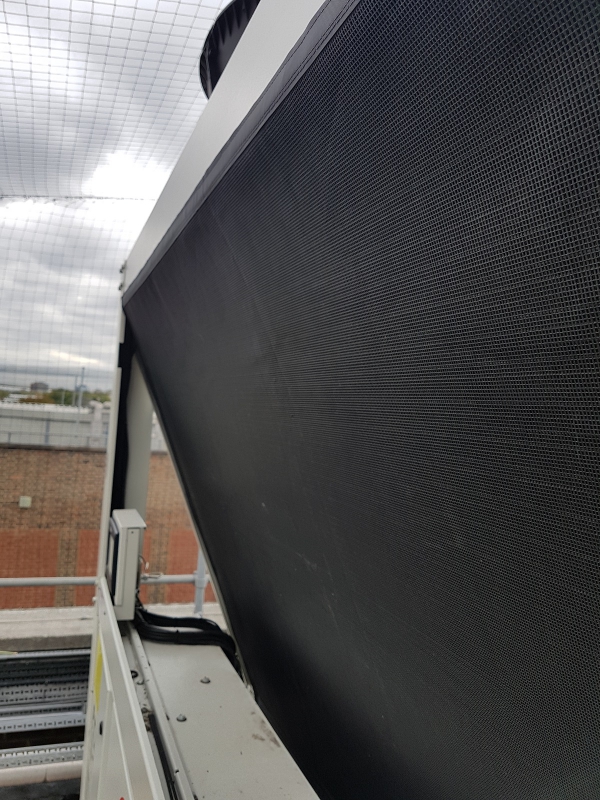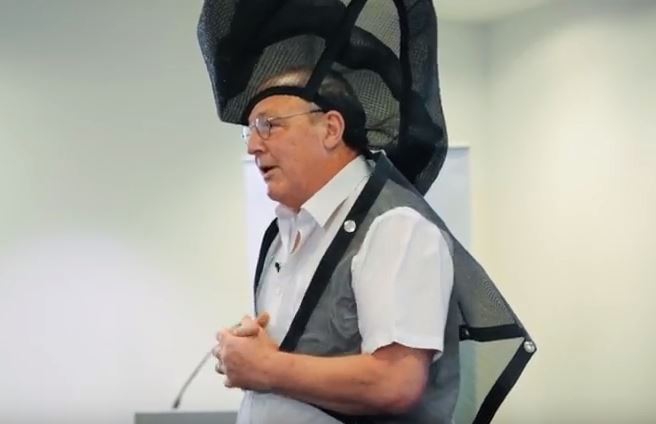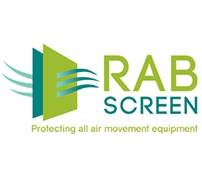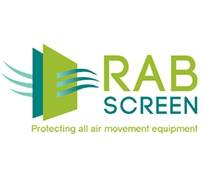- Contact 0870 350 7767
- |
- Advertise
Home > RAB Specialist Engineers Limited > Filtering into the education sector
Filtering into the education sector
 News and PR from RAB Specialist Engineers Limited - Published 12 March 2018
The education sector is sub-divided according to varying limitations and comprises historic or modern buildings ranging from primary schools to higher education and universities.
News and PR from RAB Specialist Engineers Limited - Published 12 March 2018
The education sector is sub-divided according to varying limitations and comprises historic or modern buildings ranging from primary schools to higher education and universities.
The primary sector is only occupied for a few hours per day and 9 months of the year with the summer months being largely unoccupied. Air conditioning is usually achieved naturally by opening windows.
Universities tend to be occupied continuously and greater attention must be paid to summer comfort cooling and fresh air supply, especially in areas of high occupancy such as auditoriums and classrooms.
Air handling units will be the preferred option, except in historic buildings or those with specific architectural limitations where the installation of ducted systems is not possible due to the building structure.
The continued roll out of the ErP Directive and on-going UK Building Regulation updates will continue to influence AHU design and development.
To improve energy efficiency and environmental protection applies to products that affect energy consumption throughout their life cycle from manufacture, use, and until their end of life.
The Higher Education sector has already made a strong commitment to supporting both sustainability and energy reduction with a target of a 43% decrease in carbon emissions by 2020 from the 2005 start point. There are over 5,000 University Campus Buildings in the HE sectors with the largest 306 relying on mechanical plant such as fans, air handling units, pumps and chillers burning up to 50% of the entire buildings energy consumption.
Each air handling unit will be fitted with disposable filters. These filters remove the local airborne debris particularly from the landscaped recreational areas which typically contain grass, flowers and trees.
Likewise, the chillers will suck in the seeds, pollen and insects and this reduces chiller efficiency dramatically. As little as 1mm of dirt on the cooling coils will increase energy use by as much as 30%.
The disposal of air filters is an environmental problem and the reduction in chiller efficiency has a direct effect on the carbon emissions target.
While air filters benefit building occupants health and protect HVAC equipment, we have to replace the old ones with clean ones on a continuous basis, says Reitmeier CEO Jeff Nusz, Few people realize the negative impact the used filters have on the environment. When we dispose of these filters in our landfill, it leads to harmful greenhouse gasses and carbon dioxide.
16,000 standard 24x24 air filters would fill seven commercial shipping containers weighing in at 11 tonnes with a volume equivalent to ½ million, one-pint plastic bottles.
Is there a solution? One that not many people are aware of, but indeed should be.
You can invest in reusable rather than disposable filters a short-term investment for significant long-term financial and environmental gain. Protecting existing disposable filters with a reusable pre-filter will extend their life by up to 60%
Universities tend to be occupied continuously and greater attention must be paid to summer comfort cooling and fresh air supply, especially in areas of high occupancy such as auditoriums and classrooms.
Air handling units will be the preferred option, except in historic buildings or those with specific architectural limitations where the installation of ducted systems is not possible due to the building structure.
The continued roll out of the ErP Directive and on-going UK Building Regulation updates will continue to influence AHU design and development.
To improve energy efficiency and environmental protection applies to products that affect energy consumption throughout their life cycle from manufacture, use, and until their end of life.
The Higher Education sector has already made a strong commitment to supporting both sustainability and energy reduction with a target of a 43% decrease in carbon emissions by 2020 from the 2005 start point. There are over 5,000 University Campus Buildings in the HE sectors with the largest 306 relying on mechanical plant such as fans, air handling units, pumps and chillers burning up to 50% of the entire buildings energy consumption.
Each air handling unit will be fitted with disposable filters. These filters remove the local airborne debris particularly from the landscaped recreational areas which typically contain grass, flowers and trees.
Likewise, the chillers will suck in the seeds, pollen and insects and this reduces chiller efficiency dramatically. As little as 1mm of dirt on the cooling coils will increase energy use by as much as 30%.
The disposal of air filters is an environmental problem and the reduction in chiller efficiency has a direct effect on the carbon emissions target.
While air filters benefit building occupants health and protect HVAC equipment, we have to replace the old ones with clean ones on a continuous basis, says Reitmeier CEO Jeff Nusz, Few people realize the negative impact the used filters have on the environment. When we dispose of these filters in our landfill, it leads to harmful greenhouse gasses and carbon dioxide.
16,000 standard 24x24 air filters would fill seven commercial shipping containers weighing in at 11 tonnes with a volume equivalent to ½ million, one-pint plastic bottles.
Is there a solution? One that not many people are aware of, but indeed should be.
You can invest in reusable rather than disposable filters a short-term investment for significant long-term financial and environmental gain. Protecting existing disposable filters with a reusable pre-filter will extend their life by up to 60%
Other announcements from RAB Specialist Engineers Limited
-
Chiller protection with the RABScreen
Stratford in London was revamped for the 2012 Olympic Games and is a buzzing shopping and leisure hub. It is also the home of an international data centre.
15 Oct 2018
-
RABScreen make the final
RABScreen was selected for the final of the CBRE Great Idea competition in 2018.
15 Oct 2018
-
-
Filtering into the environment
The recent decision by the Chinese to reject UK waste is a problem.
12 Mar 2018
-
How does a chiller work?
Industrial chillers have a simple purpose: To remove heat from something and to deposit it somewhere else.
12 Mar 2018








